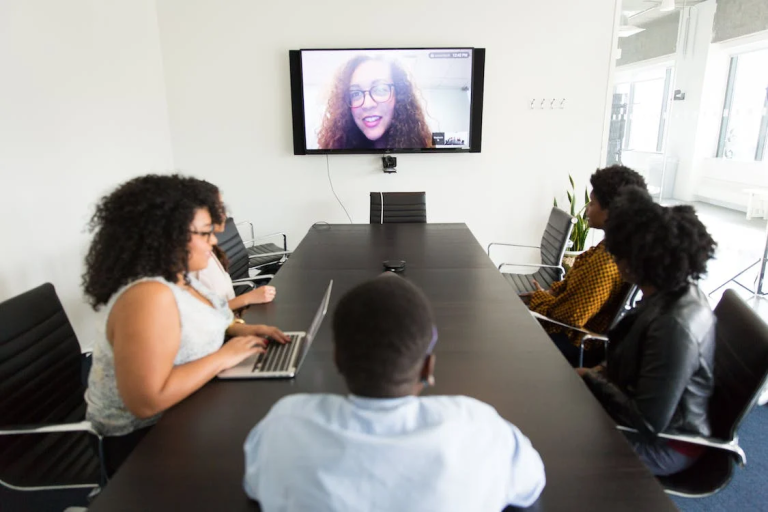In today’s rapidly evolving job market, the connection between higher education and workforce development has never been more critical. For HR professionals, understanding how trends in college admissions influence the quality of future talent is essential.
This article explores how higher education impacts workforce readiness, the role of college admissions consulting in shaping future leaders, and actionable insights for HR teams to leverage this knowledge.
The Evolving Landscape of Higher Education
Higher education has undergone significant changes in recent years. The rise of test-optional admissions policies, increased emphasis on diversity, equity, and inclusion (DEI), and the growing importance of holistic application reviews have reshaped how students gain access to top institutions. These changes directly impact the type of talent entering the workforce.
For HR professionals, it’s important to recognize that today’s college graduates are not just academically qualified but are also equipped with soft skills like adaptability, critical thinking, and teamwork—qualities that many top-tier institutions prioritize in their admissions processes. The role of the best college admissions consultants in this process cannot be understated. These firms help students align their strengths and aspirations with the right educational institutions, ultimately shaping a more prepared and capable workforce.
The Role of College Admissions Consulting in Workforce Development
College admissions consulting firms play a pivotal role in helping students gain admission to competitive programs. These consultants provide personalized guidance, helping students craft compelling applications, select appropriate extracurricular activities, and prepare for interviews. By aligning students with institutions that match their career goals, these firms indirectly contribute to workforce development.
For example, a student guided by a top admissions consultant might gain admission to a university known for its robust engineering program. Upon graduation, this individual is likely to bring advanced technical skills and innovative thinking to their workplace. HR professionals seeking to recruit top talent should consider how these consulting services contribute to the overall preparedness of candidates.
How College Admissions Trends Impact the Job Market
Recent trends in college admissions have a ripple effect on the job market. Here are a few key areas where these changes are felt:
- Skills-Based Admissions: Many universities now focus on admitting students with specific skills or potential for growth. This shift means that HR professionals can expect a more skilled and adaptable talent pool.
- Increased Diversity: Holistic admissions processes have increased the diversity of student bodies. For employers, this translates to a workforce rich in perspectives and innovation.
- Globalization: International students continue to seek admission to top U.S. universities, bringing unique cultural insights and global awareness to the workplace.
By staying informed about these trends, HR professionals can better anticipate the qualities and skills of incoming talent pools.
Actionable Insights for HR Professionals
To bridge the gap between higher education and workforce development, HR teams can take the following steps:
- Partner with Educational Institutions: Build relationships with universities to gain early access to top talent through internships, co-op programs, and career fairs.
- Offer Educational Resources: Provide employees with access to resources like workshops on college admissions or partnerships with the best college admissions consulting firms. This can boost employee satisfaction and loyalty while supporting their families.
- Stay Informed: Keep up-to-date with trends in higher education and admissions policies. Understanding these changes can help HR professionals align their recruitment strategies with the evolving talent landscape.
- Promote Lifelong Learning: Encourage employees to pursue further education or certifications, which can enhance their skills and productivity.
Conclusion
The intersection of higher education and workforce development is a critical area for HR professionals to understand. By recognizing the role of college admissions consulting in shaping future talent and staying informed about trends in higher education, HR teams can better prepare for the challenges and opportunities of tomorrow’s job market.
For those looking to support employees or their families in navigating the college admissions process, exploring the best college admissions consulting firms is a valuable step. These firms not only help students achieve their academic dreams but also contribute to building a stronger, more capable workforce.
Guest writer
























